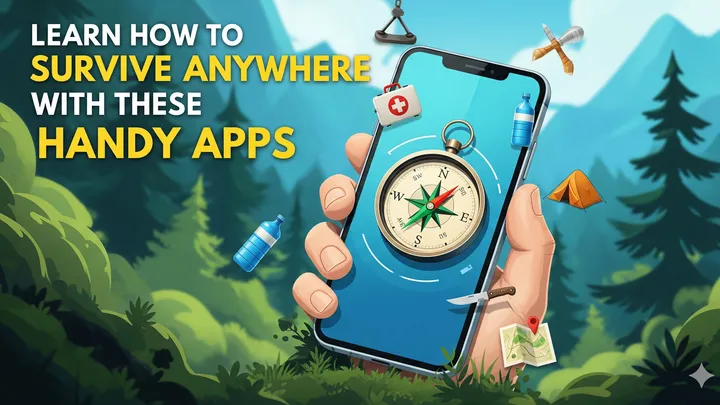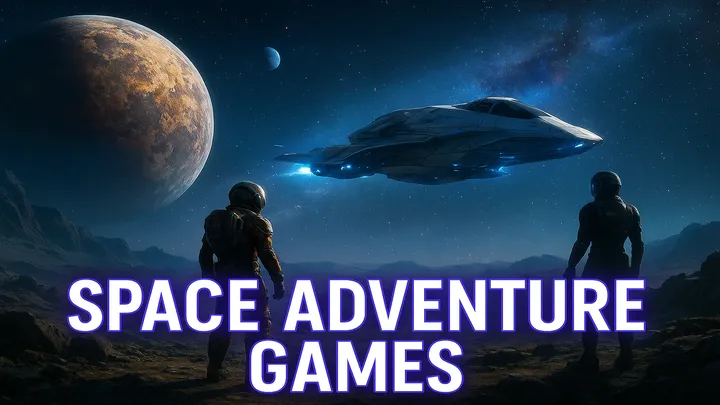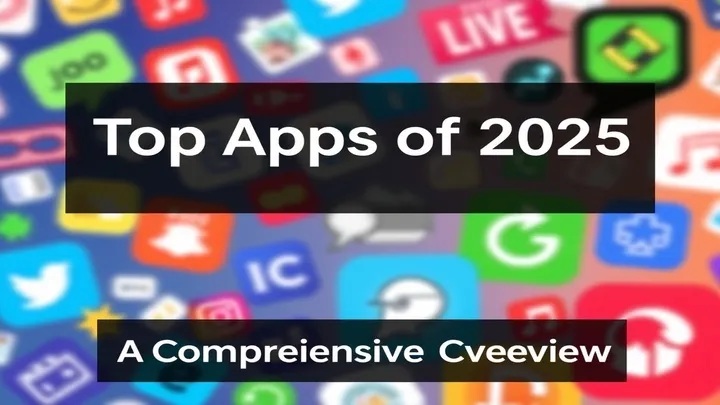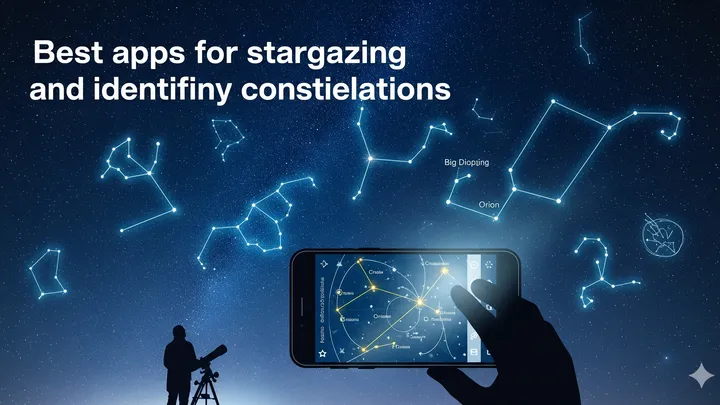For centuries, humanity has looked to the night sky with wonder. Ancient civilizations mapped out the constellations, navigated by the stars, and crafted myths inspired by celestial patterns. Today, thanks to technology, stargazing is more accessible than ever. No longer do you need a telescope or a guidebook to identify stars, planets, and galaxies. With just a smartphone and the right app, you can carry an entire planetarium in your pocket.
Stargazing apps have become powerful companions for amateur astronomers, students, and even professionals. They use GPS, augmented reality (AR), and vast astronomical databases to help users identify celestial objects in real time. Some apps even notify you of upcoming meteor showers, eclipses, and planetary alignments.
In this article, we’ll explore the best 5 apps for stargazing and identifying constellations in 2025, focusing on features, usability, and the unique ways each app enhances the star-watching experience.
1. Star Walk 2: A Beautiful Gateway to the Universe
When it comes to stargazing apps, Star Walk 2 is often the first name that comes to mind. Designed with a balance of simplicity and scientific accuracy, it has won the hearts of both beginners and advanced astronomy enthusiasts.
Features That Make It Stand Out
- Augmented Reality (AR) Sky Guide: Simply point your phone at the sky, and Star Walk 2 overlays constellations, planets, and satellites in real-time.
- Time Machine Feature: Travel through time by moving the slider to see how the sky looked in the past or how it will look in the future.
- Detailed Information: Tapping on any object reveals details such as distance, brightness, mythology, and scientific data.
- Satellite Tracking: Not only can you identify stars, but you can also track satellites like the ISS (International Space Station).
Why Stargazers Love It
Star Walk 2 is praised for its beautiful 3D graphics and ease of use. It transforms stargazing into an interactive and educational experience. Beginners love its guided tours of the night sky, while advanced users appreciate its depth of astronomical information.
Example in Action
Imagine sitting under the night sky with friends, pointing your phone upwards, and instantly being able to identify Orion, Cassiopeia, or Jupiter. With its real-time AR mode, Star Walk 2 makes learning the night sky effortless.
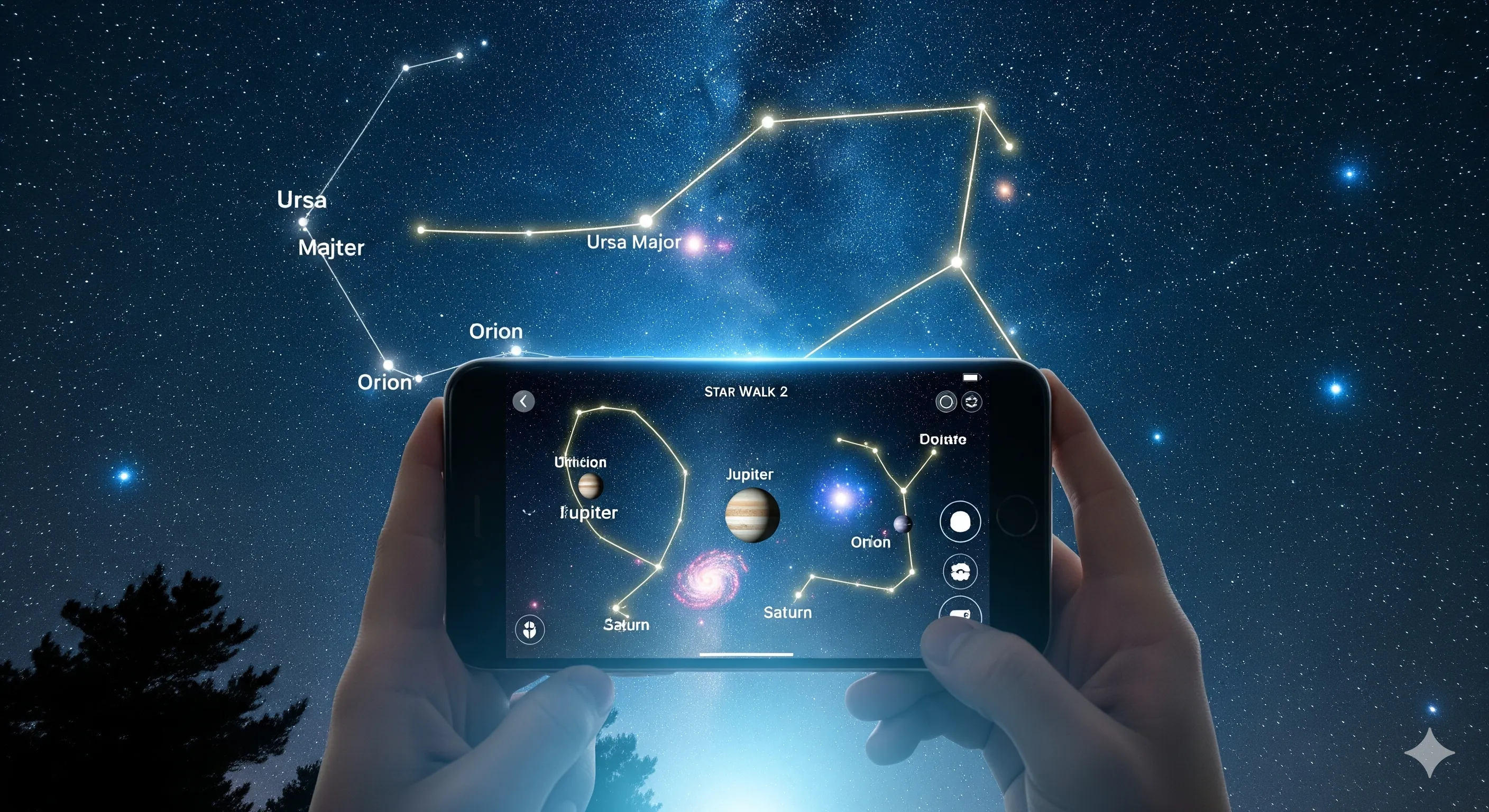
2. SkySafari: Astronomy in Your Pocket
For those who want a deeper dive into astronomy, SkySafari is one of the most comprehensive apps available. Often described as a portable observatory, it goes beyond basic stargazing by offering advanced tools for serious sky watchers.
Features That Make It Stand Out
- Extensive Database: SkySafari boasts a catalog of over 100 million stars, 3 million galaxies, and 750,000 solar system objects.
- Telescope Control: Connect the app to Wi-Fi-enabled telescopes and control them directly from your smartphone.
- Astronomy Events Notifications: Get alerts for upcoming eclipses, planetary transits, and meteor showers.
- Space Simulations: Watch the sky from anywhere in the solar system, not just Earth.
Why Stargazers Love It
SkySafari appeals to both casual users and seasoned astronomers. Its rich database means you can go from identifying a simple constellation to studying deep-sky objects like nebulae and star clusters. For telescope owners, the integration makes it a powerful observing tool.
Example in Action
If you’ve ever wanted to see how the sky looks from Mars or visualize the orbit of a comet, SkySafari allows you to simulate it with incredible accuracy.
3. SkyView: Simple, Fun, and User-Friendly
If you’re just starting your journey into stargazing and want an app that is both fun and intuitive, SkyView is a fantastic choice. It focuses on simplicity and accessibility while still packing in powerful features.
Features That Make It Stand Out
- AR Sky Maps: Just point your device at the sky to instantly identify stars, constellations, planets, and satellites.
- Night Mode: Reduces screen brightness to protect your night vision while stargazing.
- Sky Paths: See the daily path of the Sun, Moon, or satellites across the sky.
- No Wi-Fi Needed: Perfect for camping or rural stargazing trips where internet may not be available.
Why Stargazers Love It
SkyView is all about making stargazing fun for everyone. Its AR interface is beginner-friendly, making it great for kids, families, and casual stargazers. The offline functionality is also a huge plus for those who want to escape light-polluted cities and enjoy the true night sky.
Example in Action
Picture yourself camping in the mountains with no Wi-Fi. You can still use SkyView to point out the Milky Way, locate Mars, or track the ISS without needing an internet connection.
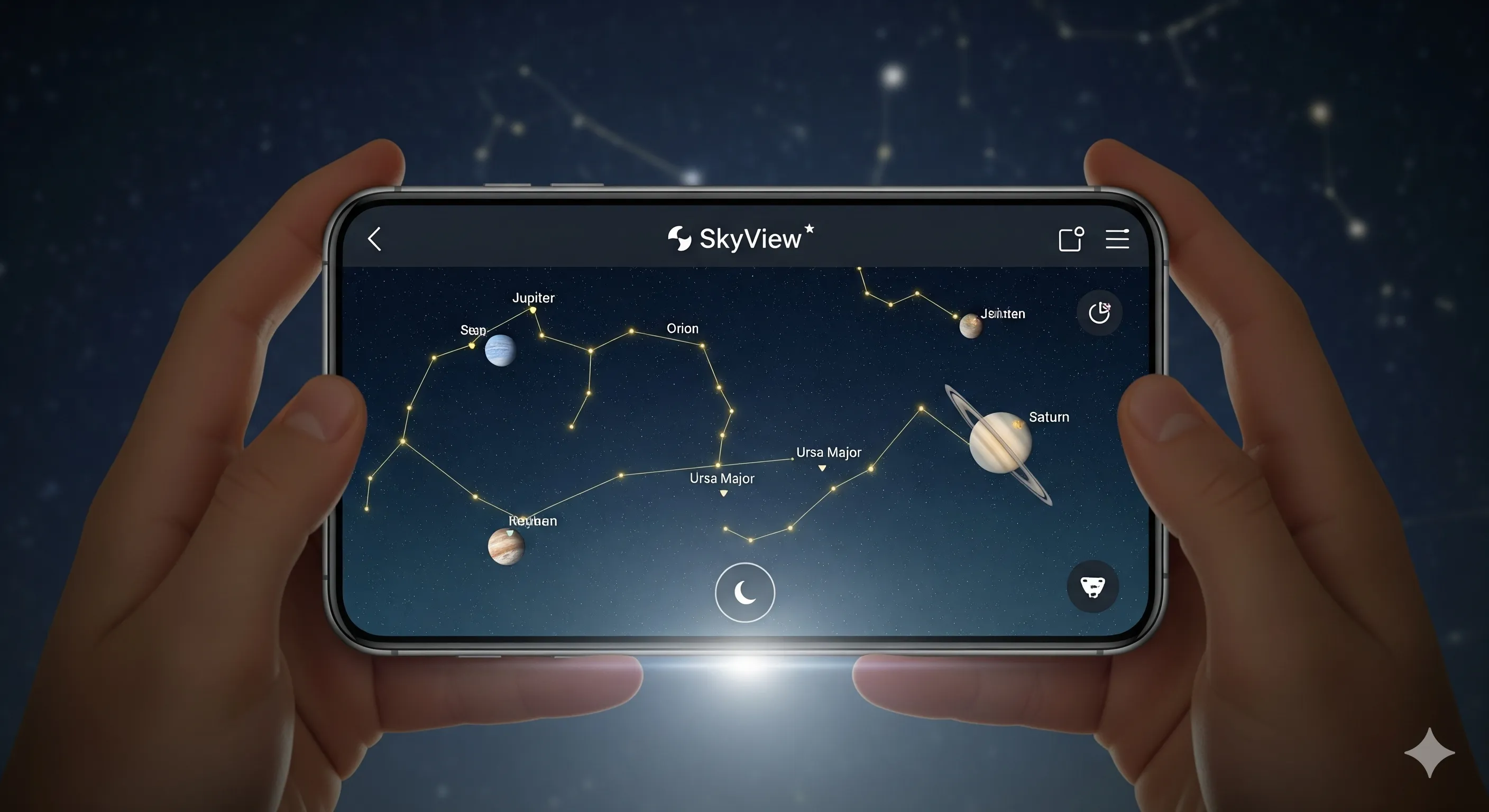
4. Stellarium Mobile: The Professional’s Choice
Stellarium has long been one of the most respected desktop planetarium programs, and now its mobile version brings the same scientific accuracy to smartphones. It’s widely regarded as one of the most reliable astronomy apps for professionals and serious hobbyists.
Features That Make It Stand Out
- Accurate Star Charts: Stellarium’s star catalog includes over 1.5 billion stars from professional databases.
- Realistic Night Sky Simulation: The app replicates the sky with stunning accuracy, including twinkling stars and atmospheric effects.
- Deep-Sky Objects: View galaxies, nebulae, and star clusters in precise detail.
- Telescope Control: Like SkySafari, Stellarium supports telescope integration.
Why Stargazers Love It
What sets Stellarium apart is its scientific precision. It is trusted by educators, researchers, and astronomy clubs worldwide. For those who want more than casual sky identification, Stellarium offers professional-grade accuracy.
Example in Action
If you’re preparing for a stargazing session with a telescope, Stellarium can help you plan your viewing schedule, showing exactly when and where celestial objects will be visible.
5. NASA App: Explore the Universe with Experts
No list of astronomy apps would be complete without mentioning the official NASA App. While not a traditional stargazing app, it provides a treasure trove of resources for space lovers.
Features That Make It Stand Out
- Access to NASA’s Image Library: Browse thousands of photos of planets, galaxies, and missions.
- Live Streaming: Watch live broadcasts of rocket launches, ISS updates, and space missions.
- Sky Viewing Integration: Learn about celestial events and use the app to track missions related to stargazing.
- Educational Content: Articles, videos, and news from NASA scientists.
Why Stargazers Love It
The NASA App connects users directly with humanity’s exploration of the cosmos. It’s not just about identifying stars—it’s about understanding the larger universe. For anyone passionate about space science, it’s an essential companion.
Example in Action
Imagine watching a rocket launch live on your phone, then using the app to track its journey across the sky. The NASA App makes space exploration tangible and interactive.
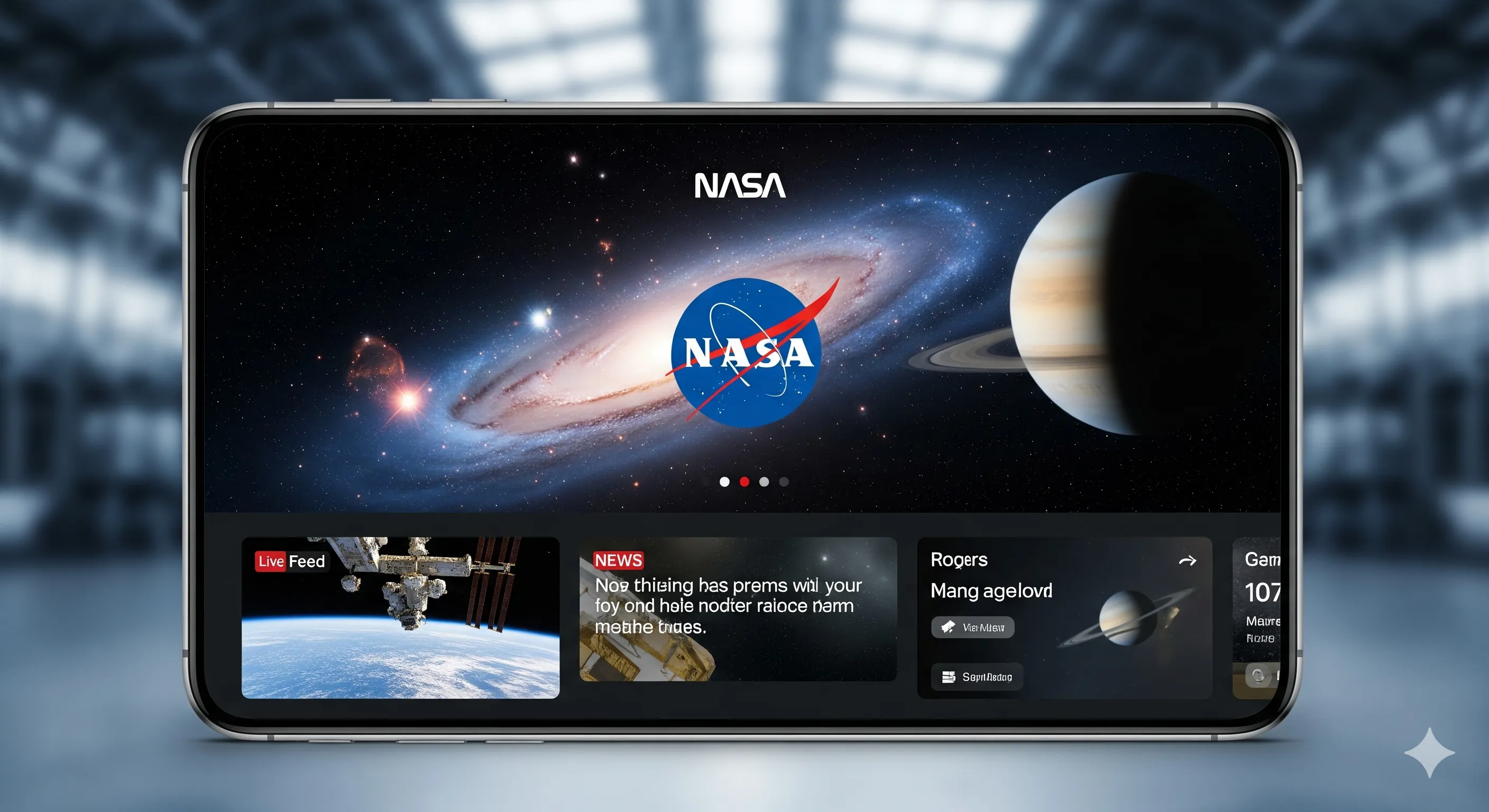
Tips for Getting the Most Out of Stargazing Apps
- Use a Red Filter or Night Mode: Protect your night vision by switching apps to dark mode.
- Find a Dark Sky Location: Apps work best away from city lights. Use light pollution maps to plan your trip.
- Bring Binoculars or a Telescope: While apps are powerful, combining them with optics enhances the experience.
- Join Astronomy Communities: Many apps have forums or integrate with stargazing groups. Learning from others will improve your skills.
- Stay Updated on Events: Apps often notify you about eclipses, meteor showers, and planetary alignments—don’t miss them!
The Future of Stargazing Apps
With advancements in AI and AR, stargazing apps are becoming more immersive and intelligent. Future apps may provide personalized star tours, AI-driven telescope adjustments, or even virtual reality night sky experiences.
Additionally, integration with wearables like AR glasses could soon make identifying constellations as easy as glancing at the sky with digital overlays projected in real time.
Conclusion
The night sky has always inspired wonder, and now, with technology, it’s easier than ever to explore. Whether you’re a curious beginner or a dedicated astronomy enthusiast, these apps open up the universe in exciting new ways:
- Star Walk 2 for stunning visuals and AR stargazing.
- SkySafari for advanced databases and telescope integration.
- SkyView for simple, fun stargazing anytime, anywhere.
- Stellarium Mobile for professional accuracy and deep-sky exploration.
- NASA App for connecting with real missions and space science.
By choosing the right app, you can turn every clear night into a cosmic adventure. In 2025 and beyond, stargazing apps will continue to redefine how we connect with the universe—bringing the stars, constellations, and galaxies closer than ever before.








